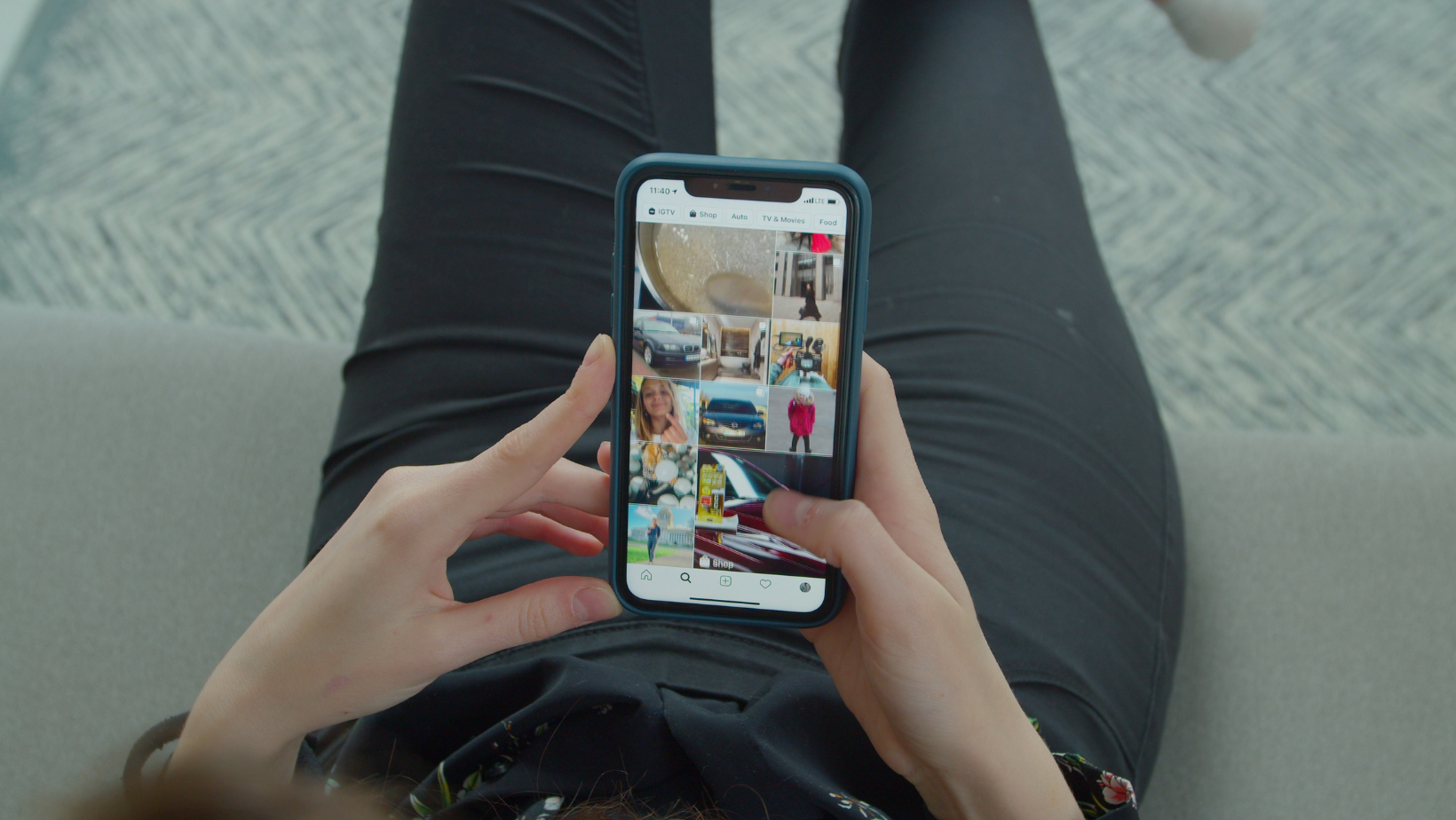Video advertising is trending less formal and more native, with TikTok taking over
TLDR
- Advertisers expect to prioritize a few key paid social strategies in 2022, including developing more native video ad creative, promoting creator videos as paid ads, investing more in Facebook In-Stream Reserve (ISR), and supporting efforts around still-emerging shopping livestreams on social platforms.
Brief
Brands are adapting to produce more informal video creative. They’re mimicking what appears natively on platforms in user-generated or creator content. These ads tend to perform well because users want the less formal feel. Brands are even borrowing some popular uses of audio, dance, and unique angles in TikTok videos for ads on other social placements, like Reels. Also likely due to the influence of TikTok, advertisers are playing more with native elements and effects—like text overlays, stickers, and fly-ins—to activate the natural feel and energy of organic video in their ads. That’s become a stronger priority specifically on TikTok, Snapchat, and Instagram Stories. Advertisers now see that video ads on social can drive both branding and performance goals. In 2022, advertisers will spend $24.35 billion on video advertising that appears on social networks, up 20.1% YoY.
- Read the full article from eMarketer
Google: allegations of ad price manipulation unsealed
TLDR
- Previously redacted details of a lawsuit alleging that the advertising company Google operated a program of diminishing ad sales to publishers while increasing the prices buyers paid then keeping the difference.
Brief
Despite online advertising’s inherent complexity, Google controls the biggest tools across the ecosystem, drawing comparisons to a bank that simultaneously owns the stock exchange. Should Google lose any of the several cases against it, the shape of the online ad industry could end up looking very different. The case, originally filed in December 2020, contained a number of redacted statements that evidence the states’ case that Google abuses a monopoly position and has harmed competitors, publishers, and, as an extension of ad-buyers, the consumers to whom higher costs would be passed on. It comes at a time of intense pressure on the company, as the state case joins a federal antitrust case brought by the Justice Department. Meanwhile, in Europe an ambitious new law, the Digital Markets Act, is gathering pace which specifically targets “gatekeepers” like Google, and is expected to contain explicit limits on self-preferencing.
- Read the full article from WARC
Microsoft snaps up Activision Blizzard for US$68.7bn, forms metaverse foundation
TLDR
- Microsoft is acquiring video game company Activision Blizzard for US$68.7 billion to accelerate its gaming business across mobile, PC, console, and cloud.
- When the transaction closes, Microsoft will become the world’s third-largest gaming company by revenue.
Brief
The planned acquisition includes iconic franchises from the Activision, Blizzard and King studios such as Warcraft, Diablo, Overwatch, Call of Duty, and Candy Crush, in addition to global esports activities through Major League Gaming. The acquisition also bolsters Microsoft’s Game Pass portfolio with plans to launch Activision Blizzard games into Game Pass, which now has more than 25 million subscribers. This acquisition will make Game Pass "one of the most compelling and diverse lineups of gaming content in the industry". Upon close, Microsoft will have 30 internal game development studios, along with additional publishing and esports production capabilities. The deal is expected to close in fiscal year 2023.
- Read the full article from Marketing Interactive








